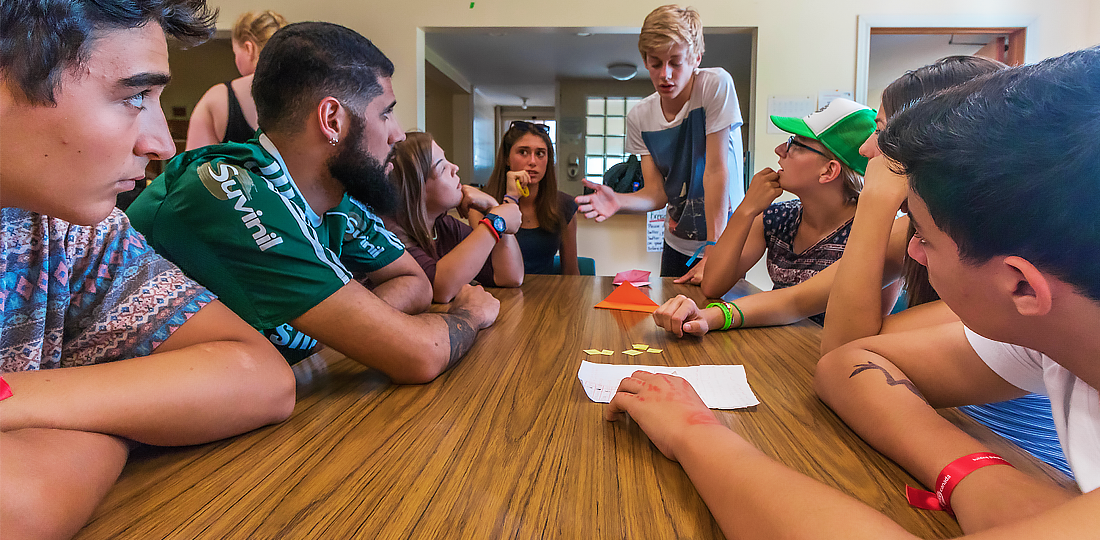Climate Change: A Threat to Peace

5 Simple Steps for Conflict Resolution at a Managerial Level
July 19, 2019
Leading for Peace
October 7, 2019Climate change is the biggest threat to world peace in the 21st century.
Extreme weather events are increasing in severity and frequency. This will cause humanitarian crises across the world, creating an increase in poverty and conflict. Issues such as forced migration due to desertification in Africa, destruction caused by hurricanes in the Caribbean, rising sea-levels for small Pacific Islands, and water shortages in the Middle East are caused and made worse by climate change. The poorest countries, who have contributed least to climate change, are suffering the worst of its effects. Without major action, climate change will increase inequality and lead to conflict between communities and countries.
Developed countries must take the lead on climate solutions and support undeveloped countries, as they are often the worst affected by climate change. This is a global challenge which requires a global solution. International cooperation between governments, NGOs, activists, and everyday citizens is vital if we are to attempt to keep the world temperature rise below 1.5°C.
Being an Active Citizen for the Climate
Young people have made it very clear: previous generations have not done enough to prevent or reduce climate change. We must all step up and take action. Fridays 20 and 27 September, young people across the world will organize a global climate strike and they want you and millions of others to join them. Demanding change is critical, but we also need to make individual changes. What simple steps can you take today to be a climate-conscious citizen to ensure a sustainable future for our planet?
- Demand societal action (vote, protest, petition)
- Eat a climate-conscious diet (less red meat, local produce)
- Avoid flying and take your bike instead of the car when possible
- Be a smart consumer. Do you need 2 new T-shirts, can you survive with one or maybe buy/trade second hand?
- Start a climate conversation.
“We all have a choice: we can create transformational action that will safeguard the living conditions for future generations, or we can continue with our business as usual and fail. That is up to you and me. And yes, we need a system change rather than individual change, but you cannot have one without the other. If you look through history, all the big changes in society have been started by people at the grassroots level – people like you and me.”
– Greta Thunberg, 2019
Climate Education
According to the United Nations, education is an essential element of the global response to climate change. “Climate literacy” is increasing but we should not take it for granted. In many countries, climate education is under threat from influential figures and bodies which lobby and legislate to remove or distort climate education in schools and other learning spaces. If you’re reading this blog then it’s quite likely that you know more about climate change than many others in your community and across the planet. It is vital that we share our knowledge through conversations, education, and even social media.
In what ways can you be an active citizen for the planet?
Starting a climate conversation could be your first step…
Get involved further:
- Hear the rest of Greta Thunberg’s speech check out the song The 1975.
- Join Al Gore’s Climate Reality Project, one of their in-person trainings or bring their resources to your classroom.
-
For details on the global climate strike visit globalclimatestrike.net and find a strike near you!
By Joey Scarf, CISV Sweden


